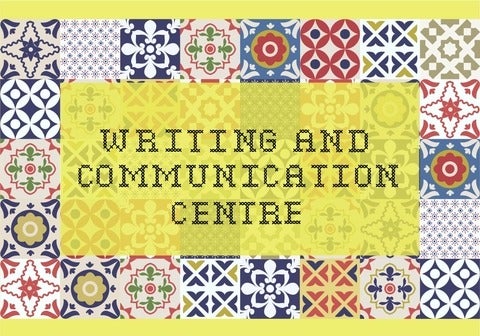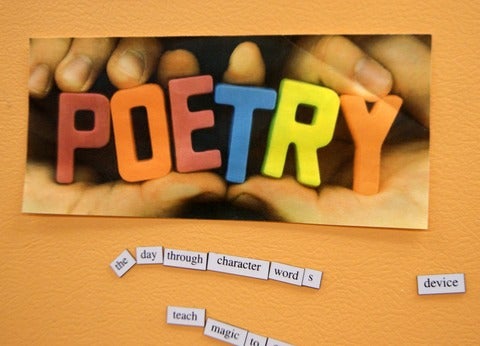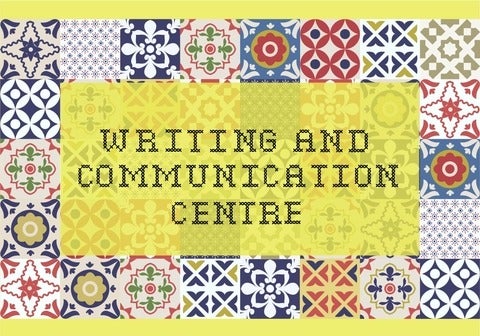Reflecting on the past
During these past four months, I have had the opportunity to work with a diverse range of students through drop-ins at the library as well as during appointments at the Writing and Communication Centre. Among the teaching and communication skills that I have learned through this experience, I am also thankful for the lessons learned. Here are a few:









